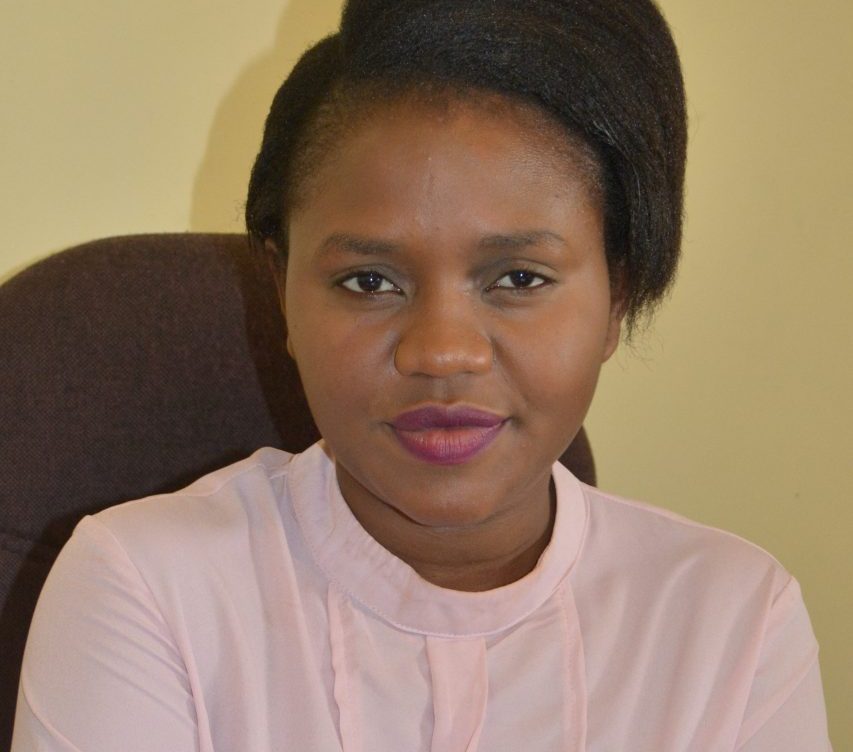
Towards achieving sustainable development goals in Zambia: The role of civil society organisations
By Belinda Pellser
Following Zambia’s failure to meet the millennium development goals (MDGs), there is a growing realization of the need for other stakeholders such as civil society organizations to complement government efforts to attain sustainable development.
To that effect, from 14th to 15th March 2018 Caritas Zambia organized a national conference on sustainable development goals (SDGs) captioned “Zambia towards agenda 2030”. The SDGs, though established in 2015, replaced the MDGs in January 2016 aiming at guiding development in all United Nations member states until 2030. The SDGs comprise of 17 goals to be met by 2030. These are; No Poverty; Zero Hunger; Good Health and Well-being; Quality Education; Gender Equality; Clean Water and Sanitation; Affordable and Clean Energy; Decent Work and Economic Growth; Industry, Innovation and Infrastructure; Reduced Inequality; Sustainable Cities and Communities; Responsible Consumption and Production; Climate Action; Life Below Water; Life on Land; Peace and Justice Strong Institutions; and, Partnerships to achieve the goals.
Realistically, the government cannot achieve the SDGs on its own. This necessitates creation of development stakeholders-partnerships, especially with civil society organizations (CSOs). Establishing the role CSOs should play in ensuring Zambia meets the SDGs is important for them to have meaningful contributions. The following are some of the lessons learnt from the stated conference regarding the role of CSOs in the achievement of SDGs. Note, CSOs, greatly, function as the link between society and the government. That is, CSOs create an avenue of a healthy relationship between the state and its citizens. Thus, their importance in the development process is unquestionable. The conference stressed that, given their importance in Zambia, CSOs must work to localize the SDGs in the following four key areas:
- CSOs must operate as the voice of the voiceless. That is, CSOs should represent the vulnerable. This will most likely ensure that everyone participates in the development process. CSOs need to actively engage with local communities so that they are aware of the development issues affecting them. This will enable them be up-to-date with the development realities prevailing in communities. Achieving this requires CSOs to create opportunities, spaces and platforms for engaging with people in order to promote genuine dialogues, build community awareness and develop strong relationships.
- CSOs should ensure that the government is held accountable. The government should ensure that there is a transparent and objective assessment of their decisions and actions in the development process. In this regard, CSOs should promote transparency through provision of checks and balances in the development process and dissemination of information to the general public. This can be done through publications of legal provisions, public expenditure allocations, governance, accountability mechanisms and other development related matters that the government may not be readily available to the public.
- CSOs need to participate and be integrated into development processes (planning, implementation, monitoring and evaluation). As noted at the conference, one of the failure-causes of the MDGs was the exclusion of the civil society from the planning and formulation of goal-setting processes and development strategies at inception. To avoid a repeat of this experience, SDGs should feature broader stakeholder involvement from the onset. The creation of institutional spaces that facilitate meaningful CSO participation is critical in this regard.
- CSOs must ensure that they monitor the progress Zambia is making on the path to meeting SDGs. Important to achieving this is data collection and reporting of findings as they relevant to SDGs. Much focus should be on the highly underprivileged to capture statistics about the poorest of the poor, vulnerable and sidelined citizens of the development process. In doing this, CSOs need to have adaptable tools for data collection, monitoring and evaluation processes relevant to the implementation of the SDGs.
In conclusion, CSOs are recognized as important in Zambia’s development process. Thus, their active engagement in the implementation of SDGs is highly likely to positively impact the achievement of SDGs and ultimate realization of the much needed development. In this regard, I have highlighted key lessons learnt from the Zambia national conference on SDGs with specific focus on the role of CSOs in SDGs implementation process. These key lessons are that: CSOs must work to localize the SDGs in four main areas which include: Voice provision to the voiceless, that is, the poorest and most marginalized citizens; serving as agents of accountability; acting as a service delivery provider; and monitoring progress through data collection and reporting. Without this, CSOs participation in the implementation of SDGs may not yield much and efforts to meet SDGs may be unsuccessful as noted from MDGs.
The author is a Programme Officer for Panos Institute Southern Africa (PSAf). For feedback, email: belindapellser@yahoo.com